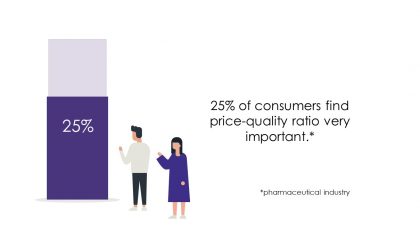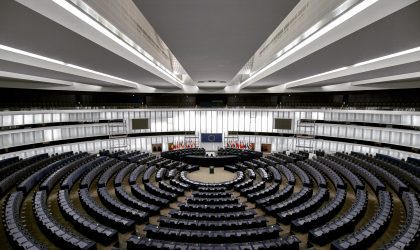The Intersection of Health Equity in Communities & Business Strategy: A Call-to-Action is a comprehensive examination of the lived experiences of people in diverse communities when accessing healthcare in the U.S., U.K., Germany and Spain. Part of an OPRG initiative launched in 2022 to enlist business and community leaders to find ways to address health inequities, the report is based on a survey of 6,000 individuals assessing experiences with discrimination, trust in healthcare systems, the use of digital technology to access healthcare information, the role of trusted community members in health education, and engagement in health with emotional intelligence and connection.


